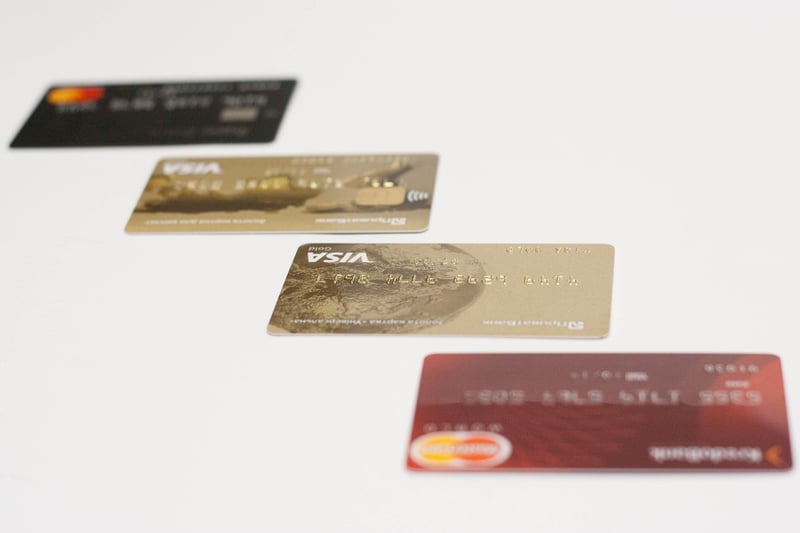Credit Card Management
Mastering Credit Card Management: Tips for Effective Credit Management
Managing credit effectively is crucial for maintaining financial stability and achieving long-term financial goals. One significant aspect of credit management is handling credit cards responsibly. Here are some essential tips to help you master credit card management and improve your financial well-being:
1. Understand Your Credit Card Terms and Conditions
Before using a credit card, make sure you thoroughly understand the terms and conditions, including interest rates, fees, and payment due dates. This knowledge will help you avoid unnecessary charges and make informed financial decisions.
2. Create a Budget and Stick to It
Develop a monthly budget that includes your credit card payments. Make sure you allocate enough funds to cover the minimum payment due and strive to pay more than the minimum to reduce your overall balance faster.
3. Pay Your Bills on Time
Timely payments are crucial for maintaining a good credit score. Set up payment reminders or automatic payments to ensure you never miss a due date. Late payments can lead to increased interest rates and damage your credit history.
4. Monitor Your Spending
Keep track of your credit card transactions to monitor your spending habits. Review your monthly statements regularly to identify any unauthorized charges and to understand where your money is going.
5. Avoid Carrying a High Balance
Try to keep your credit card balance below 30% of your credit limit. High balances can negatively impact your credit score and make it harder to manage your debt effectively. Aim to pay off your balance in full each month if possible.
6. Build an Emergency Fund
Having an emergency fund can help you avoid relying on credit cards for unexpected expenses. Start by setting aside a small amount each month until you have enough savings to cover at least three to six months' worth of living expenses.
7. Monitor Your Credit Score
Regularly check your credit score to track your financial progress and identify any errors that may be affecting your score. You can access your credit report for free from the major credit bureaus once a year.
8. Seek Professional Help if Needed
If you're struggling to manage your credit card debt or improve your financial situation, consider seeking help from a financial advisor or credit counseling service. They can provide personalized advice and guidance to help you get back on track.
By following these tips and staying disciplined in your credit card management, you can take control of your finances and work towards a more secure financial future.

